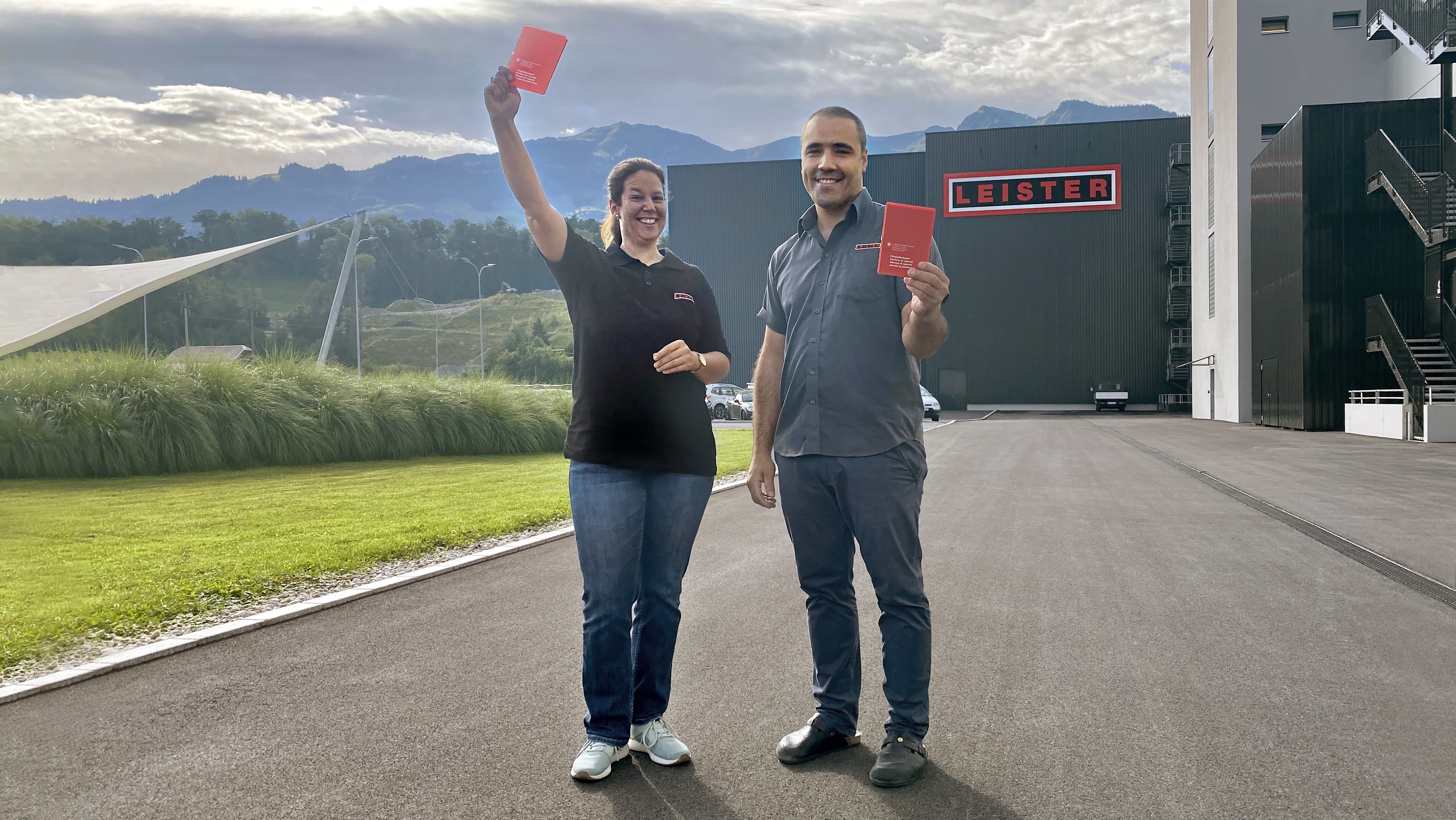Alberto, this is the first EFZ that you have successfully completed. Was it an easy decision for you to say „yes“ to this additional training?
No, it wasn't so easy. I had an initial conversation with my supervisor Peter Christen, in which he made me the offer. That conversation was just the beginning. Peter motivated me to join in and gave me valuable tips along the way. After the conversation, I first needed some time to think things over. My wife has a job and we have two school-age children. So I was already thinking about whether it would be too much for me. Then came discussions with the whole family. It quickly became clear to all of them that I should not miss this opportunity under any circumstances, and they would support me. For Carla, my wife, this meant taking on part of my role as a father, in addition to her job, household and many other responsibilities. My brother and his wife took over the care of our parents. Only after I was sure that I would have enough support, I finally accepted the offer.
